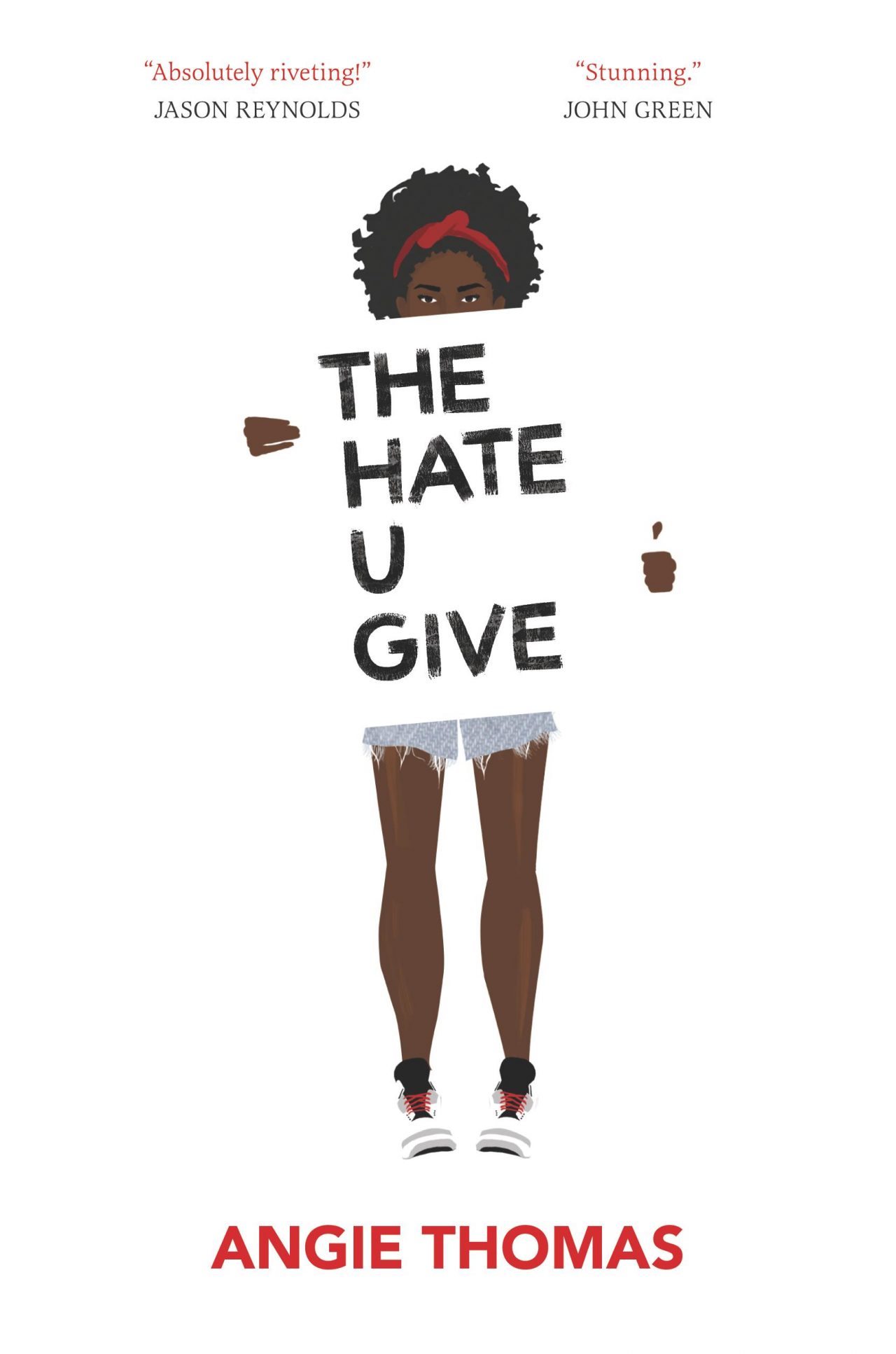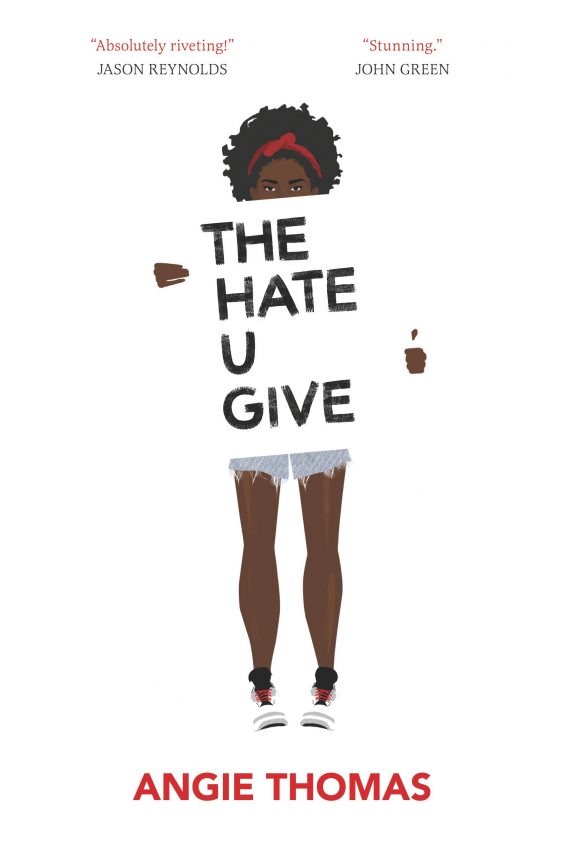Book Review: The Hate U Give by Angie Thomas



New York Times bestseller and multiaward-winning YA novel The Hate U Give by Angie Thomas is heading to movie theaters this fall. With unarmed black youth continuing to die at the hands of police officers, the conversation it sparks couldn’t be timelier, even if the book never quite makes the artistic statement it aspires to.
The Hate U Give centers around sixteen-year-old Starr Carter, who increasingly feels pulled between two high-voltage places: the poor, mostly black, gang-run neighborhood she’s lived in all her life, and the affluent, mostly white prep school her parents have sent her to in pursuit of a better future. When she witnesses the shooting of a friend following a confrontation with a white police officer, Starr, who has become adept at sweeping her black identity under her oversized basketball shorts and sweatshirts during her “day life,” learns to form a new identity, and use her voice to speak out.
Starr is an authentically written character, a complicated girl who is angered enough by racial injustice to post about it on her Tumblr, but who shrinks back at the thought of judgment when the opportunity to speak out comes in real life. She’s also a keen observer of people. When she reconnects at a party with good friend Khalil, the soon-to-be victim of the shooting that kicks off the events of the book, she notes:
“His dimples disappear. He wipes his nose like he always does before a lie. ‘I been busy.’ Obviously. The brand-new Jordans, the crisp white tee, the diamonds in his ears. When you grow up in Garden Heights, you know what ‘busy’ really means.”
Several other characters are also rich and dimensional—most notably, Starr’s mother, Lisa. Not just a mom, Lisa is a professional career woman and the primary breadwinner for her family. Compassionate but not saintly, she has stayed with Starr’s father, Maverick, a reformed gang member, despite his criminal past and infidelity with a gang moll, not just because of her children, but because she has a genuine affection for Maverick and an incredible capacity for forgiveness.
The sense of loyalty and obligation—to family, to friends and colleagues, and to the community, in all its complex, touching, and ugly forms—is also notable. When the murder blows up in the news, it doesn’t take long for people to mobilize. This, in turn, gives Starr a sense of both pressure and loving support:
“People say misery loves company, and I think it’s like that with anger too. I’m not the only one pissed—everyone around me is. They didn’t have to be sitting in the passsenger’s seat when it happened. My anger is theirs, and theirs is mine.”
Thomas created the book from a short story written during her senior year of college, and while the pacing—the story moves well over a thirteen-week period—is good, the plot, especially the subplot with is-she-racist? friend Hailey, sometimes feels stretched thin.
Some passages in The Hate U Give are also overly expository or didactic, such as when Starr and her father discuss the meaning behind rapper Tupac’s acronym THUG LIFE, from which the book takes its name, or, near the end, when Starr, her brother, and friends talk about the white person’s perspective on black people’s “funny” names. This dulls the effect of some of the more powerful parts of the book, and prevents the novel from achieving the status of an artistic classic.
The Hate U Give might not be the most memorable artistic statement, but it’s a strong political one. Thomas’s novel rightly deserves praise for its timeliness and willingness to tackle uncomfortable issues, and depict the transformation of a victim-bystander into a girl who has found her voice and, even better, is no longer afraid to use it.